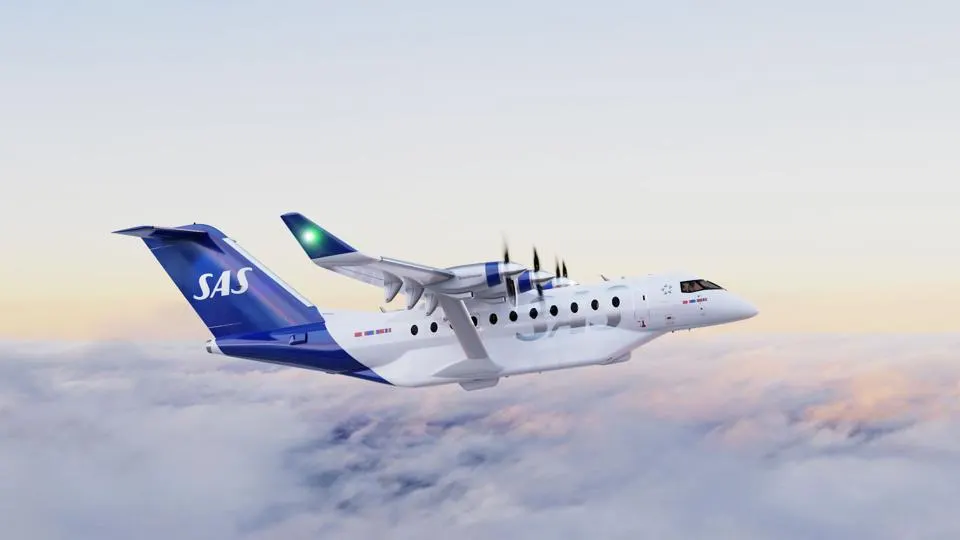Plans are ‘the next major milestone in the future of aviation, according to boss of European carrier .
Travellers are being offered the chance to take part in “aviation history” by a European airline, as tickets for it’s first-ever commercial electric flights are set to go on sale.
Scandinavian Airlines (SAS) is launching seat reservations from tomorrow (2 June) on flights in Sweden, Norway and Denmark, but don’t expect to be able to fly off on a last-minute holiday this summer – the departures are expected in 2028.
There are 30 seats that can be booked on the inaugural flights, for the price of 1,946 in the currencies from all three Scandinavian countries (Sweden, Norway and Denmark), a nod to the year that SAS began flying. The cost converts to £140-£225.
The airline said that “technological innovations”, such as electric aircraft being used on shorter trips, is “an important part” of achieving its goal of net-zero emissions by 2050.
Anko van der Werff, president and CEO of SAS, referred to the operator as being the first commercial airline to travel over the North Pole in 1957, which shortened the flight time between continents on its Copenhagen-Tokyo route.
“The fact that we can now invite our passengers to the next major milestone in the future of aviation is a natural continuation of that pioneering spirit and a significant step on our journey towards more sustainable aviation,” he said.
Seats go on sale at midday (11am UK time) on 2 June at flysas.com.
The move comes less than a year after SAS signed a “letter of support” with Sweden-based Heart Aerospace to produce electric aircraft, with plans to add the ES-30 planes to its regional fleet.
Several airlines, including Air New Zealand and Sounds Air, have also announced plans to use electricity-powered passenger aircraft on short-distance commercial flights.
In September 2022, Eviation Aircraft completed the maiden flight of “Alice”, the first fully electric commuter plane.
The step to electric aircraft feels closer than suborbital space flights, another mooted method transport.
Research from the UK’s Civil Aviation Authority (CAA) suggested that within the next decade travellers will be able to fly from London to Sydney, Australia, in less than two hours.
However, Simon Calder, The Independent’s travel correspondent, believes that “the aviation industry is decades away from anything other than subsonic travel”. (https://www.independent.co.uk/travel/news-and-advice/electric-plane-flights-sas-tickets-2028-b2349475.html)





































